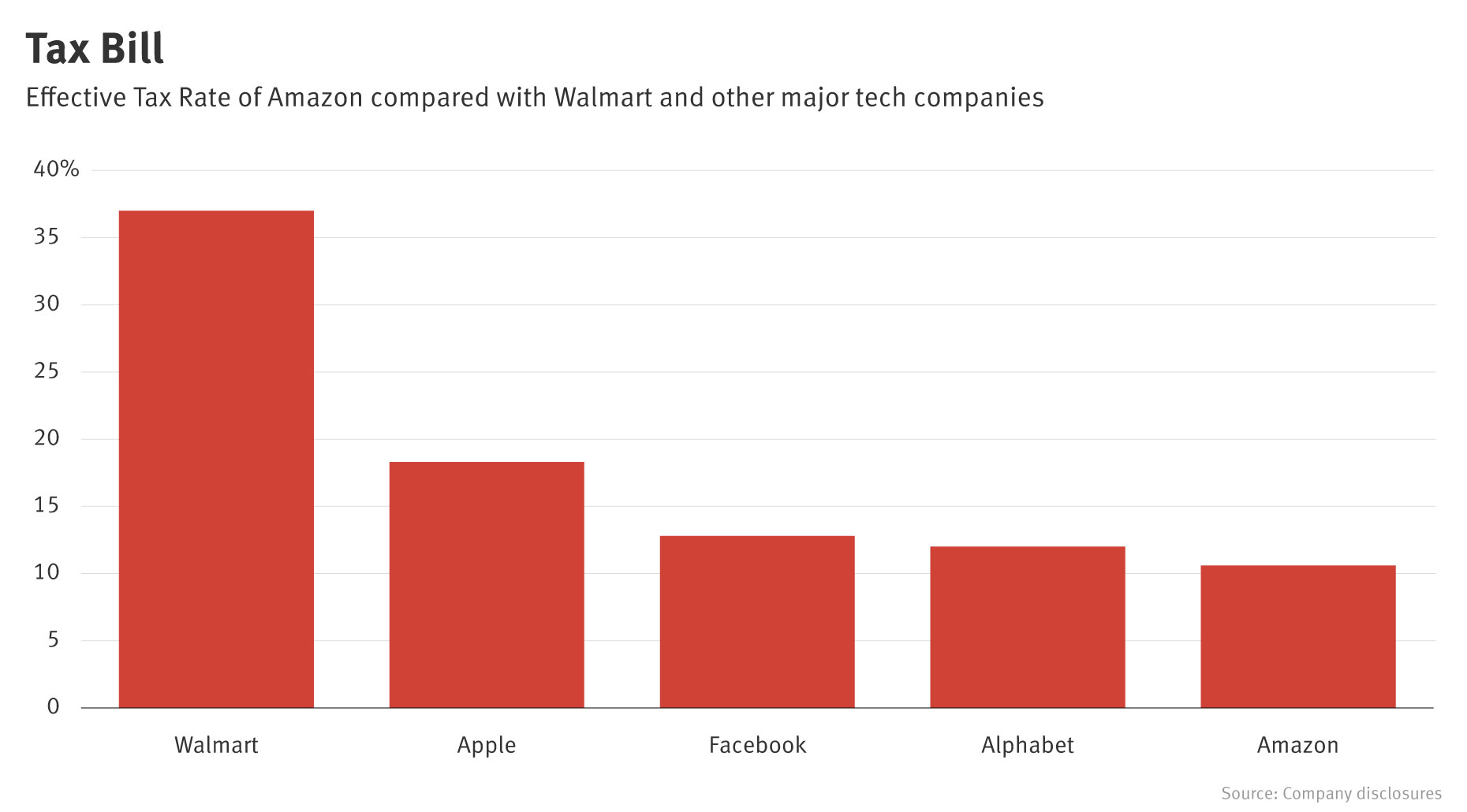Amazon's Ethical and Unethical Issues in disciplines of Finance Management

Comment below what you think !
By Jash Richhariya
At this point I think we’ve all heard something shady about Amazon. A hint of unethical practice, a stray article about something in their warehouses or something shady with their Finance department. So , here is the Financial Issue with Amazon, ethical and unethical.
Tax Avoidance
Taxes are important. And when the ultra wealthy aren’t paying them, they’re even more important. Taxes redistribute money in such a way that all citizens can receive the services they need (such as education and healthcare), addressing issues like poverty and income inequality by making sure our most vulnerable are able to have their needs met for free. When high earners, or big business, don’t pay their taxes it means there’s less to go around for everyone, and it’s the vulnerable who end up being hurt. Unfortunately not paying taxes is also what corporations apparently love to do (including the ones you think may be ethical, more info on Ecover’s tax avoidance here).

One serial tax avoider is Amazon. In fact it was avoiding tax that got them where they are in the first place. Founded in Seattle by Jeff Bezos in 1994, Amazon was created to exploit the loophole of not having to collect sales taxes when selling online, which at the time was only a requirement for physical stores. Although in the US Amazon now does pay sales tax in every state that has one, calculations suggest that if Amazon had been paying taxes from the start it would have paid a total of $20.4 billion in sales taxes from its founding until 2015.
In the US Amazon also barely pays any federal income tax, both through avoiding booking any profits for years, instead investing everything back into the business, and through aggressive tax planning. According to Matthew Gardner at the Institute on Taxation and Economic Policy Amazon paid no federal tax on $5.6 billion in U.S. profits, and in the past five years paid a rate of 11.4% on its profits of $8.2 billion, around a third of what they should pay.
Nice
ReplyDeleteThanks !
DeleteVery well described..
ReplyDeleteDelightful reading this !
DeleteVery practical topic , good job.
ReplyDeleteThanks you so much :)
DeleteGreat job
ReplyDeleteI appreciate it , thanks !
DeleteNice to read
ReplyDeleteThank you very much !
DeleteIs easily understandable.
ReplyDelete